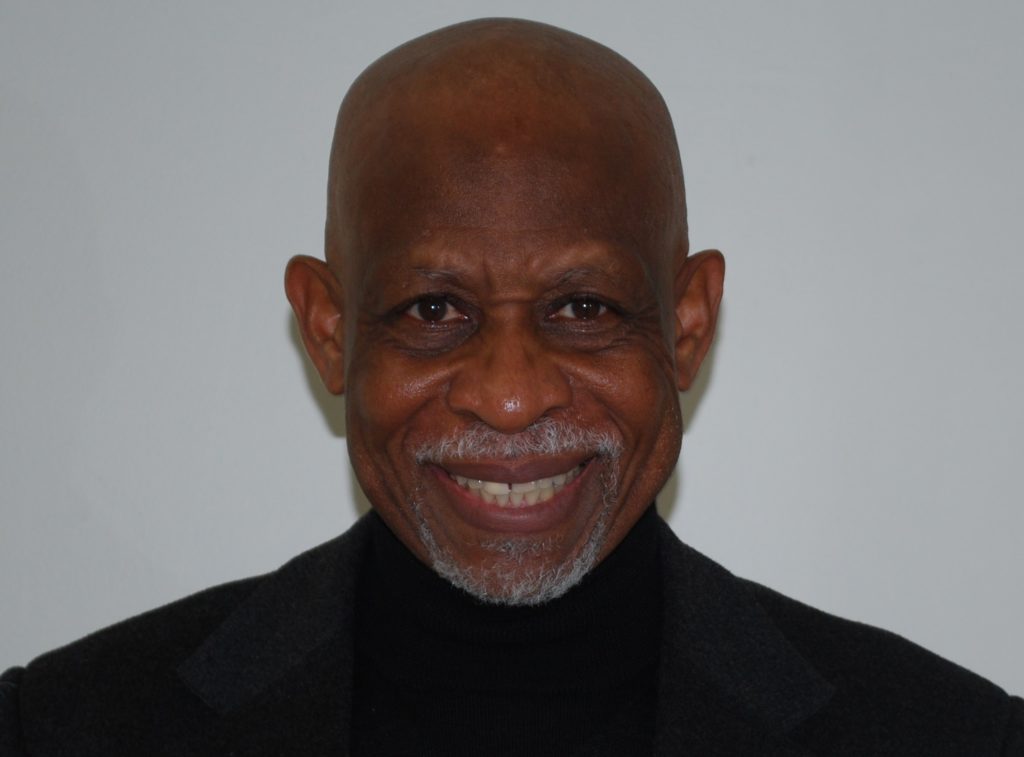FROM THE PASTOR’S HEART

OP / ED B DR. ROBERT KENNEDY
On reading the above instruction, I reflect on my days in elementary school, when as students, we recited and intoned Henry Wadsworth Longfellow’s poem put to music:
I shot an arrow into the air,
It fell to earth, I knew not where;
For, so swiftly it flew the sight.
Could not follow it in its flight.
I breathed a song into the air,
It fell to earth, I knew not where;
For who has sight so keen and strong,
That it can follow the flight of song?
Long, long afterward, in an oak
I found the arrow, still unbroke;
And the song, from beginning to end,
I found again in the heart of a friend.
I do not know what this poem (put to music) might mean to you, but it does mean a lot to me. Longfellow, who taught modern languages at Harvard University, had an idealistic vision for peace in America. His poetry struck a chord with the young country sharply divided over slavery.
I reflect on today’s America, so profoundly divided by political and religious extremism. As I listen to popular songs and even much of the sacred music of the day, I sense the pain of the division, oppression, depression, rebellion, darkness, and mindlessness that is all around. Not much is being sung or said about building unity and community today. Not much is being shared about the kind of joy that fills the soul of those who share the peace of God.
I’m curious if my perception is getting muddled as my birthday, which is very close, puts me in a period of life when I live with much nostalgia. But I am arguing that the spirit that drove the songs we used to sing in my public elementary school is lost. I speak of songs focusing on high moral values, such as integrity, kindness, grace, and peace. I am speaking of songs focusing on positive social change, such as Vince and Jenny Gill’s song, “Let there be peace on earth and let it begin with me.”
I am thinking of the songs created during the Post-reformation life in Europe and the great Awakening moments in American life that were sustained throughout my childhood into adulthood. I am thinking of the tremendous spiritual songs in Antebellum America that continued for many years in helping to build the black churches and community. I am thinking of the powerful congregational singing that inspired the members’ hearts as they went through the week to their daily tasks. You have to believe I am nostalgic, allowing my imagination to run wild.
Again, maybe it’s just my jumbled perception, but finding a place or congregation with the kind of robust singing in which the majority are participants, as in much of my growing-up days, is challenging. It seems as if people have stopped singing Psalms, Hymns, and Spiritual songs in many places. I speak of songs with deep theological reflection that lift God as Father, Christ as Brother, and the Spirit as the uniter. It seems that many people who go to churches today go for a performance in which a soloist or a Praise Team is singing, and they watch or listen as spectators.
I am sorry if I seem like I am being too nostalgic; that is the pain that I am feeling. And I am making the point that we need to take with greater seriousness the counsel to express ourselves to one another with Psalms, Hymns, and Spiritual songs (Ephesians 5:19), as the apostle Paul admonished the members in the church of Ephesus.
Do not allow the popular songs, with their expressions of darkness and division, to drown out the songs we can sing to bless others. Let us lodge a piece in their hearts, as Longfellow suggested.

